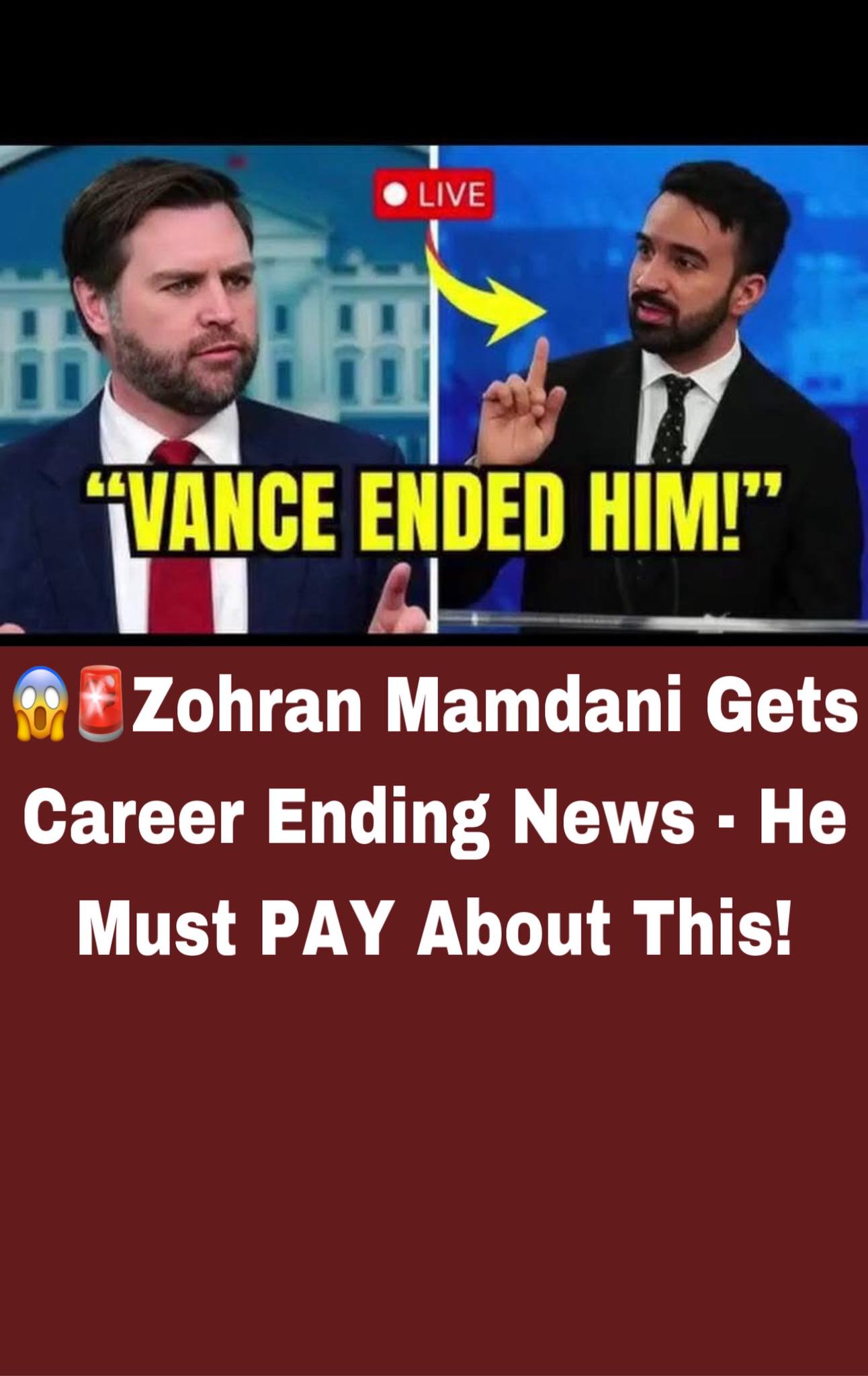Zohran Mamdani, the Democratic Socialist frontrunner in New York City’s mayoral race, has walked back his earlier embrace of the phrase “globalize the intifada,” acknowledging that the slogan carries painful connotations for Jewish communities even as it is used by many activists as a call for Palestinian solidarity.
The move, announced during an interview with Rev. Al Sharpton on MSNBC’s PoliticsNation, highlights the difficult balancing act Mamdani faces as he campaigns to lead one of the most diverse cities in the world — one deeply shaped by both Jewish and Arab immigrant populations.
A Controversial Slogan
The phrase “globalize the intifada” has become a rallying cry among pro-Palestinian activists worldwide, particularly in the wake of ongoing conflict and displacement in the Middle East. For supporters, the slogan represents resistance to occupation and a demand for justice for Palestinians.
But for many Jewish Americans, the word intifada evokes something very different: a period of violence in Israel during the late 20th and early 21st centuries that included suicide bombings, shootings, and other deadly attacks on civilians.
The American Jewish Committee has defined the phrase as a call for “aggressive resistance against Israel,” a framing that many argue inherently justifies or glorifies violence.
Mamdani’s Shift
Mamdani, 33, had previously refused to distance himself from the slogan, even as critics demanded clarification. But in his recent interview, he acknowledged that his position has evolved.
Speaking with Sharpton, Mamdani said he now discourages people from using the phrase, citing a conversation with a rabbi who told him the words triggered memories of bus bombings in Haifa and restaurant attacks in Jerusalem.
“She said it reminded her of that fear, and that fear could come home to New York City,” Mamdani explained. “Hearing her describe those experiences showed me there was a gap in intent and reception. For many activists, it is a call for justice. For many Jews, it is a reminder of terror. That gap is something I must take seriously as someone running to represent every New Yorker.”
Representing 8.5 Million New Yorkers
Mamdani, who won his Democratic primary earlier this year, emphasized that his job as a candidate — and potentially as mayor — is not only to represent those who voted for him, but to govern on behalf of the city’s entire population.
“When we won the primary election, I said I know that millions of New Yorkers care deeply about what happens in Israel and Palestine — and I’m one of those New Yorkers,” Mamdani said. “But I commit to reaching even further, to understand disagreement, to wrestle with the complexities of those differing viewpoints, because what this city deserves is a mayor that looks not only to represent the close to 600,000 New Yorkers that voted for me, but rather the 8.5 million people that call this city home.”
He added that his meetings with rabbis, Jewish elected officials, and community leaders had influenced his thinking. While he did not renounce his broader pro-Palestinian stance, his acknowledgement of the phrase’s divisive impact marks a notable recalibration.
Sharpton’s Perspective
Sharpton, who has himself faced criticism over comments in past decades related to Jewish communities, noted that he too has had experiences where words were “misunderstood.” Though he did not give examples, his comments suggested a degree of empathy for Mamdani’s political dilemma.
Sharpton pressed Mamdani on whether his personal views on the word intifada had changed. The candidate did not directly reject the term’s activist roots but insisted that he now recognizes how the phrase is heard by others.
“There is intent, and there is reception. We must pay attention to both,” Mamdani said.
Political Implications
The controversy comes at a delicate time for Mamdani. While he remains the frontrunner in the mayoral race, New York City politics are notoriously volatile, and voter sentiment can shift quickly in response to perceived missteps.
His initial reluctance to distance himself from the phrase energized his progressive base, many of whom see him as one of the few major politicians willing to call out Israeli policies without compromise. At the same time, it created openings for critics — including more moderate Democrats and Republicans — to question his fitness to govern a city with the largest Jewish population outside of Israel.
By softening his stance, Mamdani risks alienating some activists who saw his earlier defiance as proof of his principles. But the pivot may also help him appear more pragmatic and mayoral in the eyes of moderate and undecided voters who want a leader capable of bridging divides rather than deepening them.
Broader Context
The debate over “globalize the intifada” reflects a larger challenge for American progressives navigating foreign policy positions at the local level. While city politics traditionally focus on issues like housing, policing, and transit, New York’s identity as a global city often forces candidates to address international issues with strong local resonance.
In this case, the Israeli–Palestinian conflict is not just a distant issue for many New Yorkers — it is personal. The city is home to nearly 1.5 million Jews and hundreds of thousands of Arab Americans, many of whom see the conflict as directly tied to their identities and families.
Looking Ahead
Mamdani’s recalibration may not end the controversy, but it signals a recognition that leadership in New York City requires navigating complex and often painful histories. His willingness to acknowledge how words can wound, even when intentions differ, may earn him credibility among voters who prize empathy and nuance.
Still, the tension is unlikely to dissipate quickly. Opponents are expected to seize on his past statements to portray him as inconsistent or opportunistic, while supporters will watch closely to see if his campaign continues to embrace bold, progressive rhetoric or tilts toward caution.
For Mamdani, the challenge ahead will be to prove that his shift on this issue is not simply a political calculation but a reflection of the kind of bridge-building leadership he promises to bring to City Hall.
